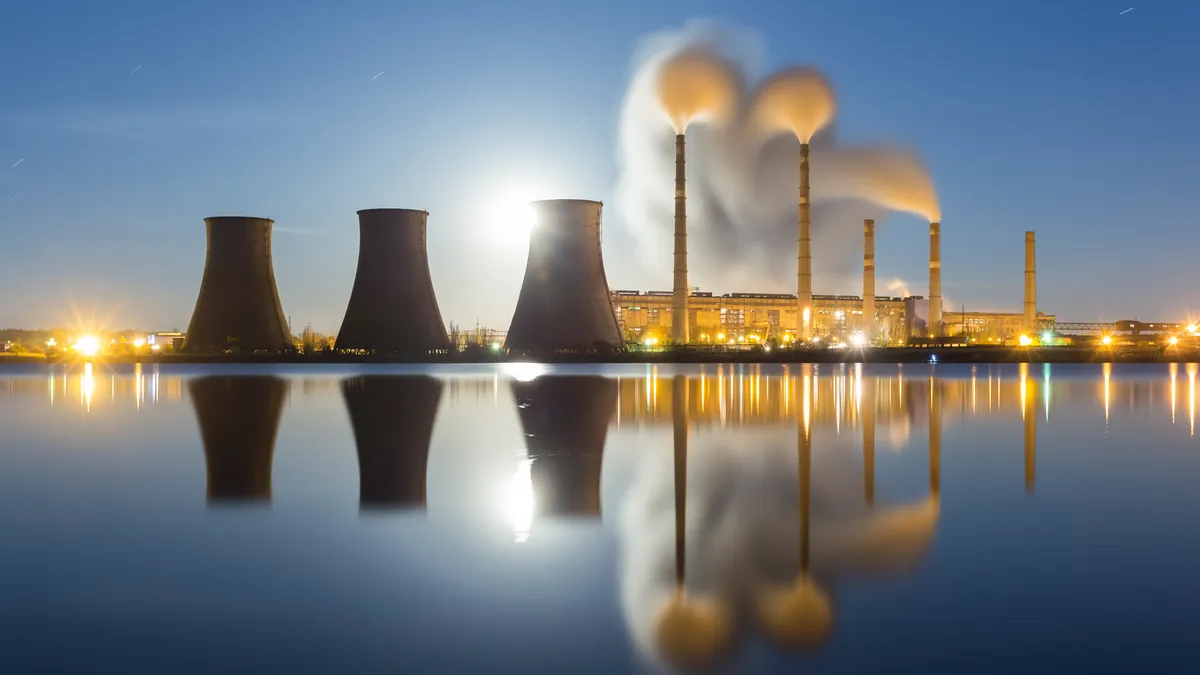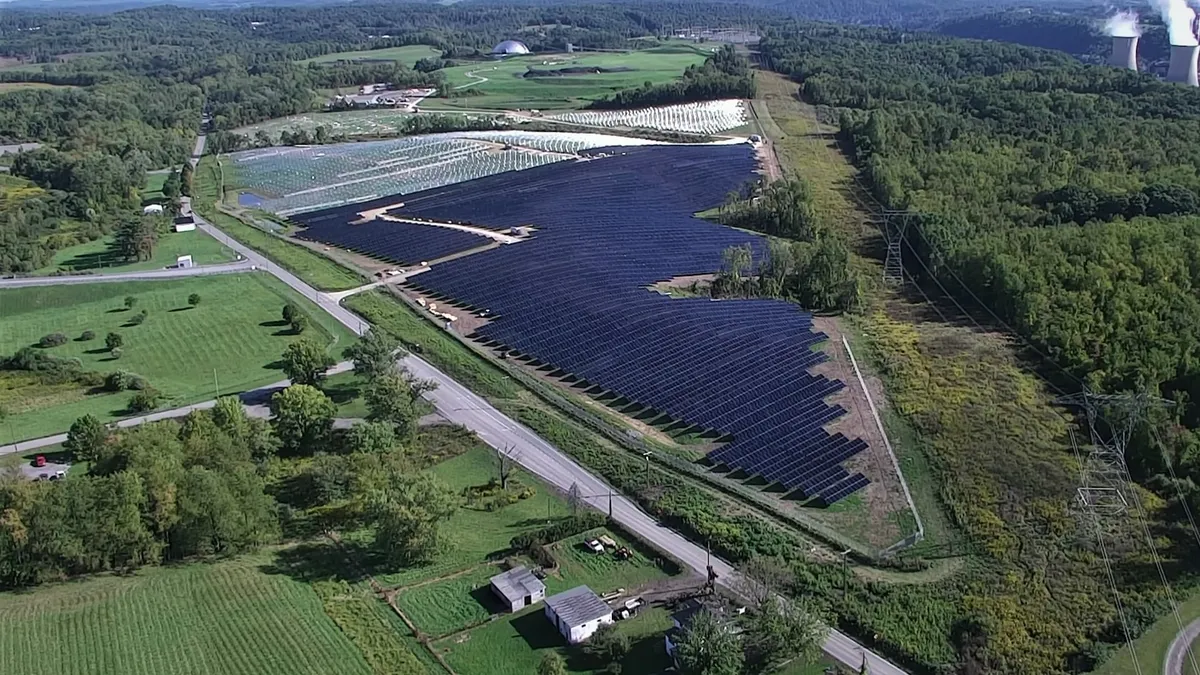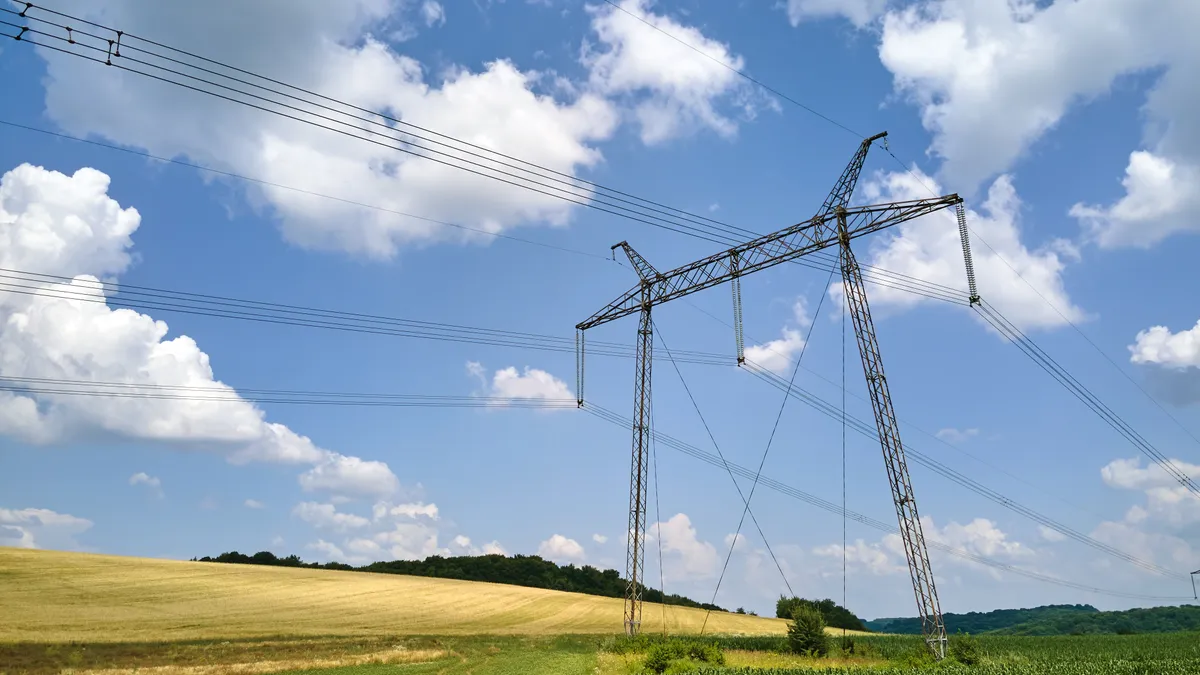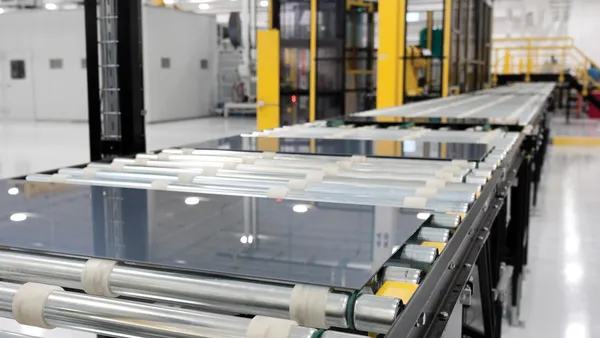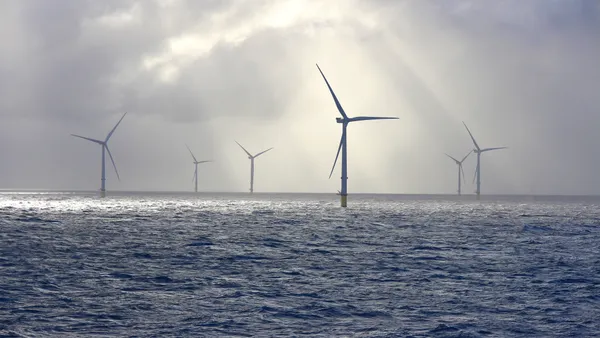Dive Brief:
- The United States lacks a cohesive national energy policy according to a new review from The International Energy Agency (IEA), reported by the Christian Science Monitor and The Hill.
- While the nation stands to gain from the recent boom in oil and gas production and widespread renewable energy innovation, the report says that the piecemeal American energy policy framework could slow innovation in some markets. Development in renewables, for instance, could be hindered because of utilities attraction to natural gas generation, according to the IEA.
- Congressional battles also prevent clarity in energy markets and hinder renewables development, the agency said, pointing to the recent battle to renew the wind tax credit. Uncertainty also remains in the markets for new nuclear plants and carbon capture and storage.
Dive Insight:
In one of the pithier energy headlines of the year, the Christian Science Monitor declared "U.S. energy policy review reveals U.S. doesn't have an energy policy."
That's more or less a true read of the most recent IEA report. The authoritative Paris-based energy think tank conducted its last review of American energy policy in 2008, and since then the American energy policy landscape has "profoundly changed," it said. In many cases, changes have been positive, but the speed of innovation has left gaps in federal and state energy policies that could cause longer-term problems.
The main issues come from a lack of clarity for energy producers, caused either by government gridlock or the structure of energy markets themselves. The IEA pointed to the recent scramble to renew the wind production tax credit, eventually amounting in a 3-week extension, as a chief example of broken American policymaking.
But other difficulties exist further from the headlines. A lack of clarity in long-term energy policy and a reliance on unregulated energy markets has made planning for nuclear and carbon capture plants especially difficult, the Hill reports.
"Specifically, there is a concern that competitive electricity markets may not trigger investments in large, high-fixed-cost investments with long lead times, such as nuclear, carbon capture and storage, and large renewable portfolio projects,” the report reads. Utility Dive reported earlier this month that similar problems exist for coal gasification projects, which can have a price tag as high as a nuclear plant.
Secretary of Energy Ernest Moniz said at an event with the IEA executive director last week that the agency's report will figure in to the Department of Energy's quadrennial energy review, due out next month.


